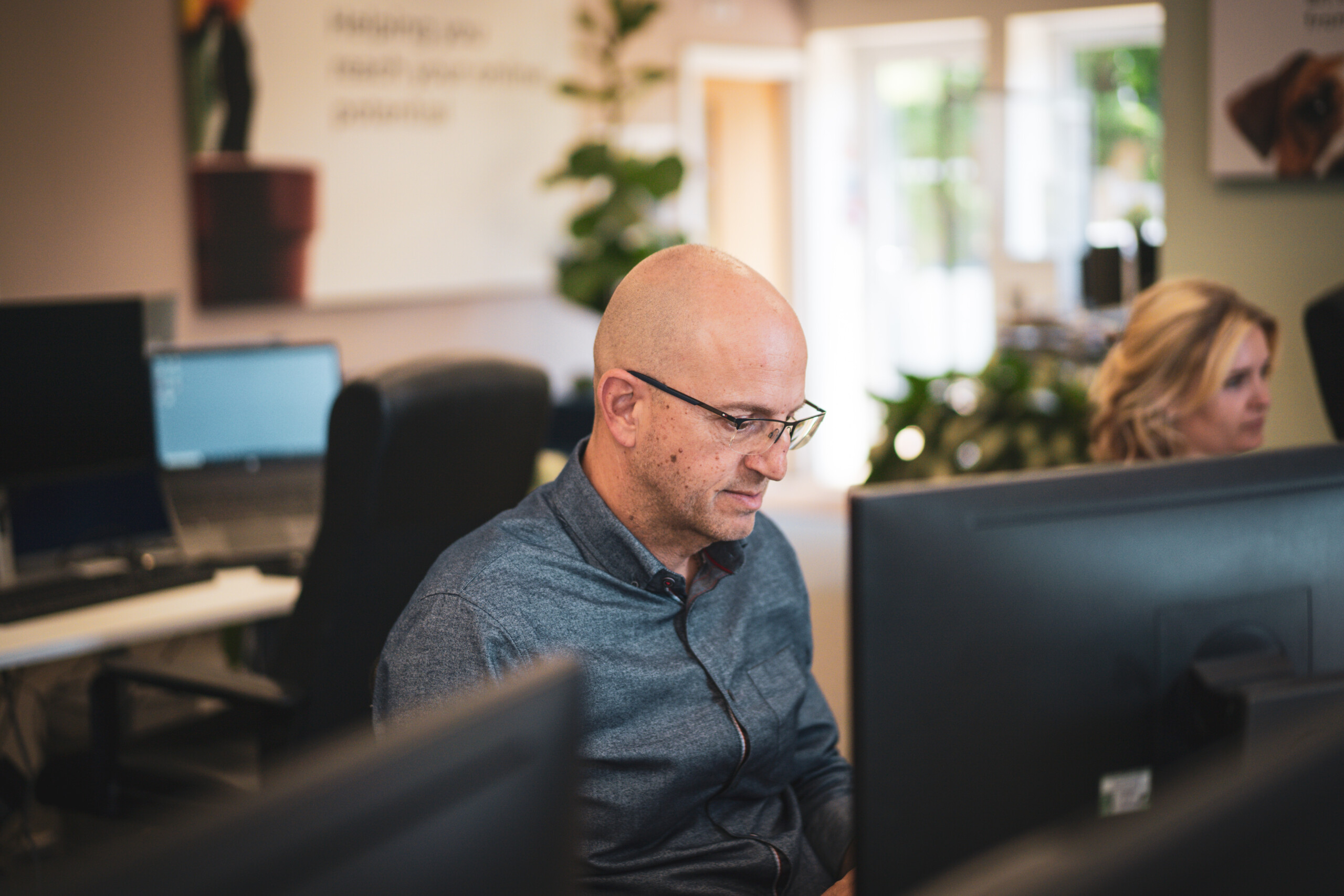SEO Insights: October 2024 Report

Google organic search results continued their volatility during October, with results changing even on a daily basis. Search has been in this state of flux since the roll out of the last Core Update in August, with no sign of letting up.
Google insiders just announced that a major update is coming, so we can expect that to happen in November, which means we will see even more fluctuations in the search results in the run up to the peak Christmas shopping period for many businesses.
Google has always, historically, launched major algorithm updates close to Christmas. This can be very stressful for the businesses that lose rankings during this important time, but Google’s argument is that from their point to view, they can’t pause their efforts to improve search just because of Christmas.
We will wait and see what the next update brings, but all of the major recent updates have been quite disruptive, so we can expect major changes to the search results in the coming weeks.
Unhelpful Google
When Google launches these major updates, legitimate and honest businesses often get caught up in the ensuing reorganisation of the search results and suffer accordingly.
Google recently held a summit with a small group of website owners that have been negatively affected by these major updates, and the attendees provided some feedback as to the responses from the Google representatives. The responses were quite eye opening. Some of the key points were:
- If you were impacted by the September 2023 Helpful Content Update (HCU), it’s unlikely you’ll ever recover from this so move on to something else.
- Websites impacted by the HCU were not necessarily impacted by an issue with the content. In fact, in the cases of the attendees, their websites all had what would be considered to be quality content. This is odd as “content” is even in the name of the update!
- The Google representatives refused to discuss the issue of Google favouring big brands in the search results.
- The attendees reported that the Google engineers present seemed to have no answers as to how an impacted website can recover, or what Google can do to make it happen.
This feedback from the event is very interesting and highlights the issues facing Google search today.
The reality is that ranking websites has become too complex and too dependent on AI. For several years now, Google has been using AI to help it generate and refine the search results. It means that they don’t really know why a specific search query generates the results that it does. Most of it is decided by the AI.
This is why Google is unable to easily, or quickly, just change something to solve the issues and, for example, allow the legitimate websites that were impacted by the HCU to have their rankings restored.
AI is here to stay
Will it ever get better? The reason that Google is still the major search engine shows just how complex it is to create a search engine today that can generate relevant and reliable search results. Even Microsoft, with all of its financial resources, is still unable to dethrone Google.
OpenAI has just launched it’s new AI powered search engine, and this is possibly the first real threat to Google’s dominant position in search. However, it’s likely to take quite some time before we see users transition to a new search engine. And we still need to see if OpenAI have been able to generate consistent quality results with its search engine.
AI is everywhere, including search. It’s only going to become an even stronger factor in search and with its ability to process data at a rate far exceeding what’s possible with traditional programming methods, we will likely see even more volatility in the search results going forward, as Google experiments continuously with different sets of results.
The future of search is volatile. At Artemis, we focus a significant amount of our resources on continuous R&D to ensure that our clients navigate this volatility with the least amount of disruption to their businesses as possible.
Search is complex, volatile and exciting. We look forward to what Google does next, even if we’d rather they’d slow down even just a little bit!

